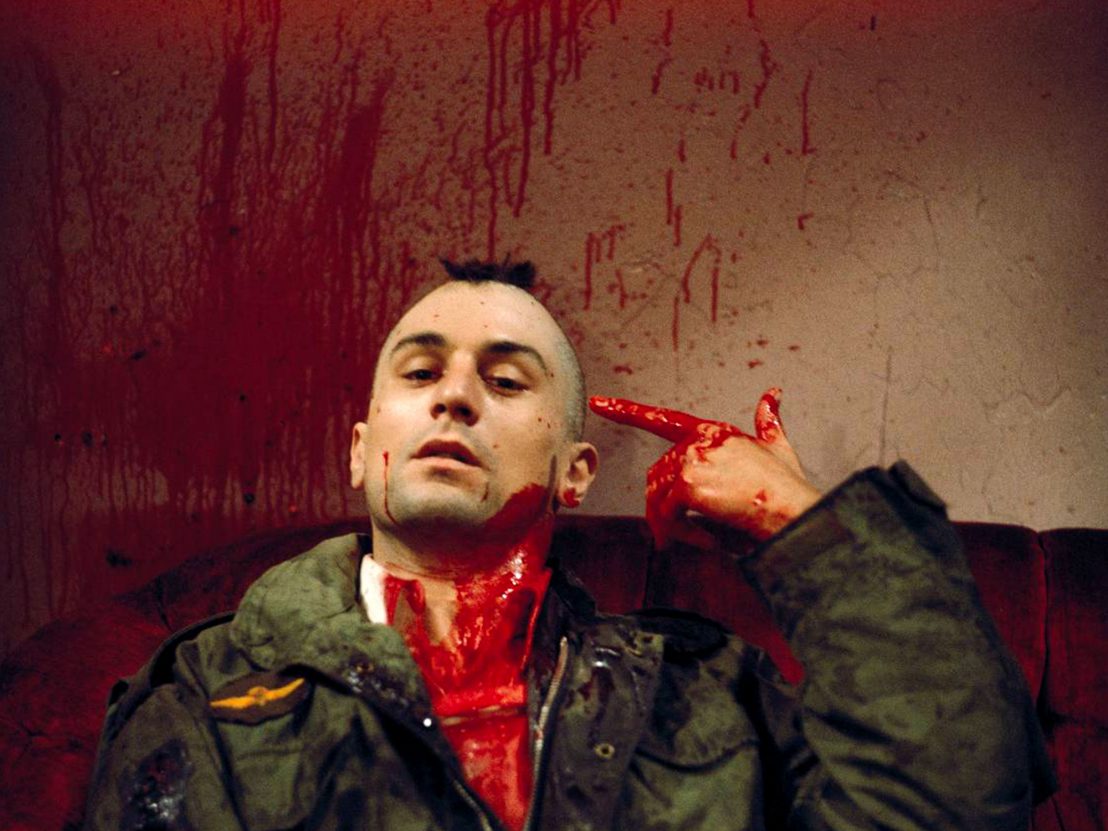
One of the many virtues of Martin Scorsese’s Taxi Driver is how acutely it captures the era in which it was made. Released in 1976, both the Vietnam War and the Watergate scandal were still fresh in the minds of the American people, with the overriding sense of disenfranchisement and distrust of the political establishment reflected in the cynical way in which candidate Senator Palantine’s presidential campaign is depicted. The economy was in the doldrums, with New York City only narrowly avoiding bankruptcy the previous year.
Crime rates were up, contributing to the sense that the city was suffering an urban malaise, characterised by the pimps, prostitutes, pushers and petty criminals who populate the streets in Scorsese’s film, and exacerbated by the mountains of uncollected trash piles left behind due to the garbage strike that was ongoing during the film’s shoot. Added to this, the attempted assassination in the film’s finale evoked painful memories of the public killings of Martin Luther King Jr, John and Robert Kennedy, and other famous figures.
Another of Taxi Driver’s virtues is how timeless a character Robert De Niro’s Travis Bickle is. An isolated, aimless insomniac loner, he takes the job of a night-time cabbie in order to give him something to as much as anything else. Although a cause for his deteriorating mental state is hinted at through the early revelation that he is a Vietnam vet, there’s no explicit assumption that all of his behaviour can be explained by post-traumatic stress. Instead, we get the sense that Travis has always been predisposed to be detached and resentful towards the rest of society.
If Travis was supplanted into the 21st century, he’d be exactly the kind of disaffected, angry young man who open to radicalisation by the alt-right. There are hints throughout of Travis’ racism, albeit of a more instinctive, subconscious manner than the more thorough idealised theories preached by white supremacist movements. He is forever being distracted by the presence of black people, whether those on the streets whom he eyes with disgust from the driver’s seat of his cab, or those simply sat among the customers at a diner.
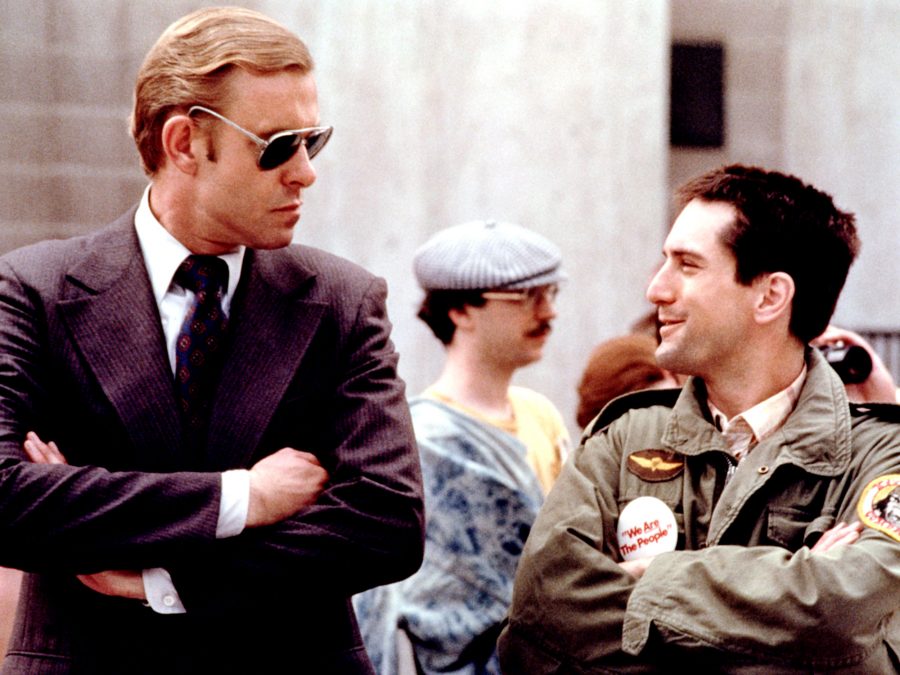
In a key scene that helps inspire Travis towards buying the guns that will later give him a purpose, a passenger intent on shooting his unfaithful wife he (played by Scorsese himself in a brief but haunting cameo) uses the N-word to identify the man who has cuckolded him. It’s no coincidence that, later on, the first man Travis kills after purchasing the weapons – a stranger who attempts to rob a local convenience store – is black.
It’s not just the racist thoughts he harbours that makes Travis so dangerous, and which would today mark him as someone susceptible to alt-right propaganda – it’s the fact that he’s so desperate to act out his hateful feelings. “I just wanna go out and really… really do something. I really wanna… I got some bad ideas in my head,” he inarticulately attempts to explain to another character. We get a vivid sense of these dark thoughts via the journal he keeps (expressed via a voiceover): “All the animals come out at night – whores, skunk pussies, buggers, queens, fairies, dopers, junkies, sick venal.”
It almost sounds like a checklist of the minority groups America’s alt-right so reviles. “Someday a real rain will come and wash all this scum off the streets,” he continues. Later he takes it upon itself to be that avenging rain: “Listen, you fuckers, you screwheads – here is a man who would not take it anymore. A man who stood up to the scum, the cunts, the dogs, the filth, the shit. Here is a man who stood up.”
Despite being a loner who fails to make a human connection with anyone, the fact that Travis feels the urge to express himself via a journal suggests that, if he existed today, the internet would provide him with an outlet – especially the forums and subreddits which comprise the darker corners of the web, where such angry, marginalised men (who often perceive themselves as unjustly spurned by women, just as Travis feels towards the object of his desire, Betsy) are groomed by alt-right extremists.
As in the desperate political landscape of the 1970s, there are Travis Bickles out there in 2017 – only now they are being brought together and radicalised on the internet, and validated by those at the highest level of power in the White House. And as the violent ending of Taxi Driver attests, when Travis takes it upon himself to murder three men in an act of righteous vigilantism, such odious ideology, if taken to its logical conclusion, will always result in bitter, hateful bloodshed.
Published 19 Feb 2015
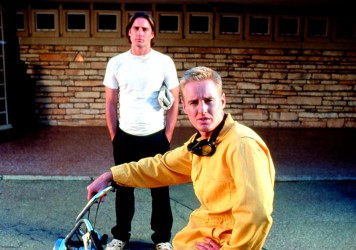
Wes Anderson’s brilliant debut, which turns 20 this month, channels the youthful spirit of Mean Streets.
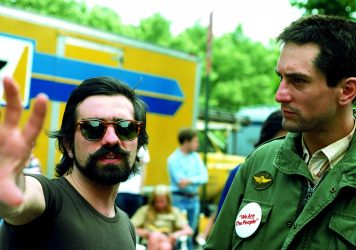
A comprehensive guide to the directing credits of this great American auteur, from Mean Streets to The King of Comedy to Killers of the Flower Moon.
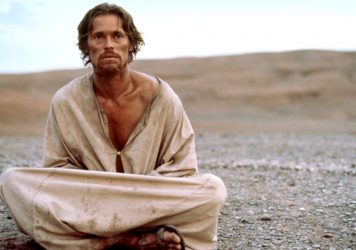
An incredible video essay looks at divine presence in the work of this American master.